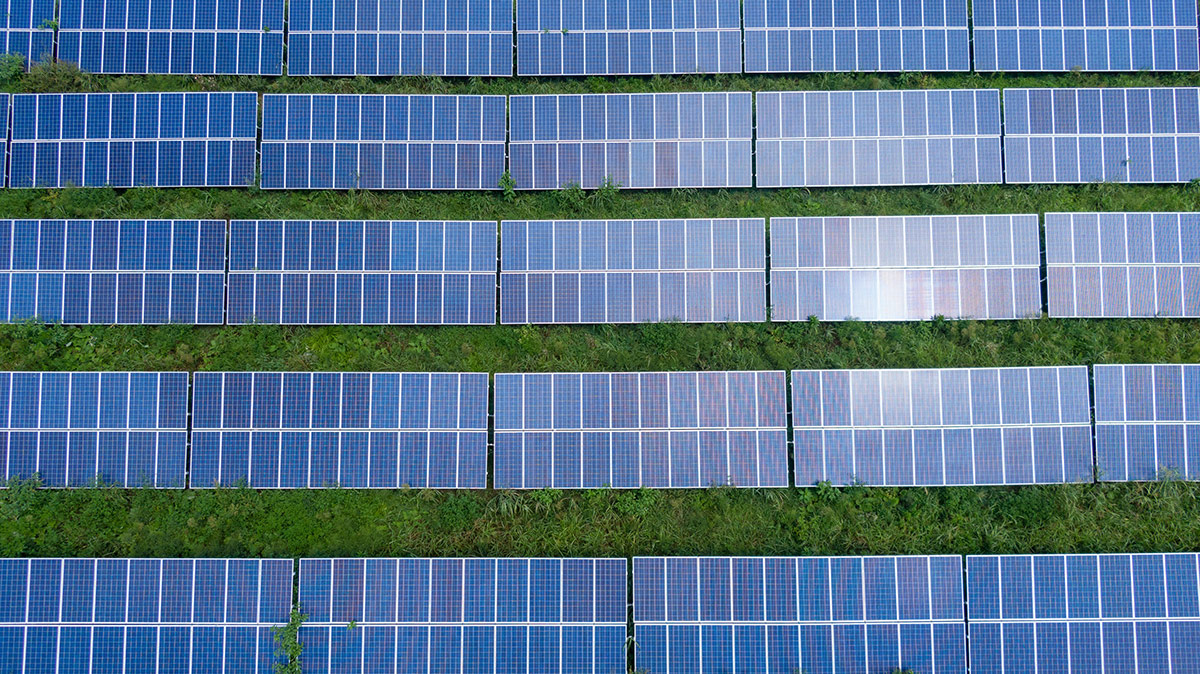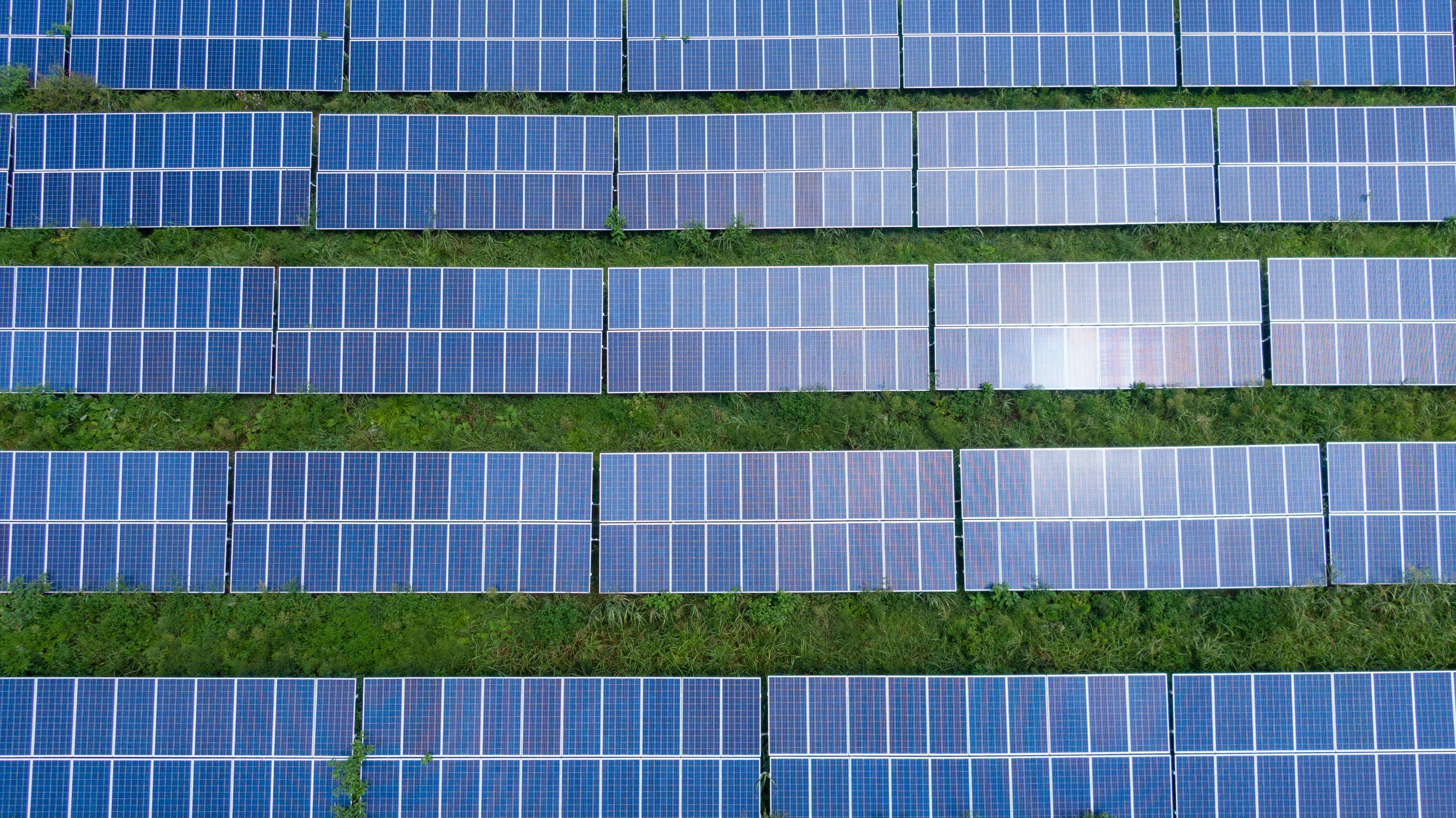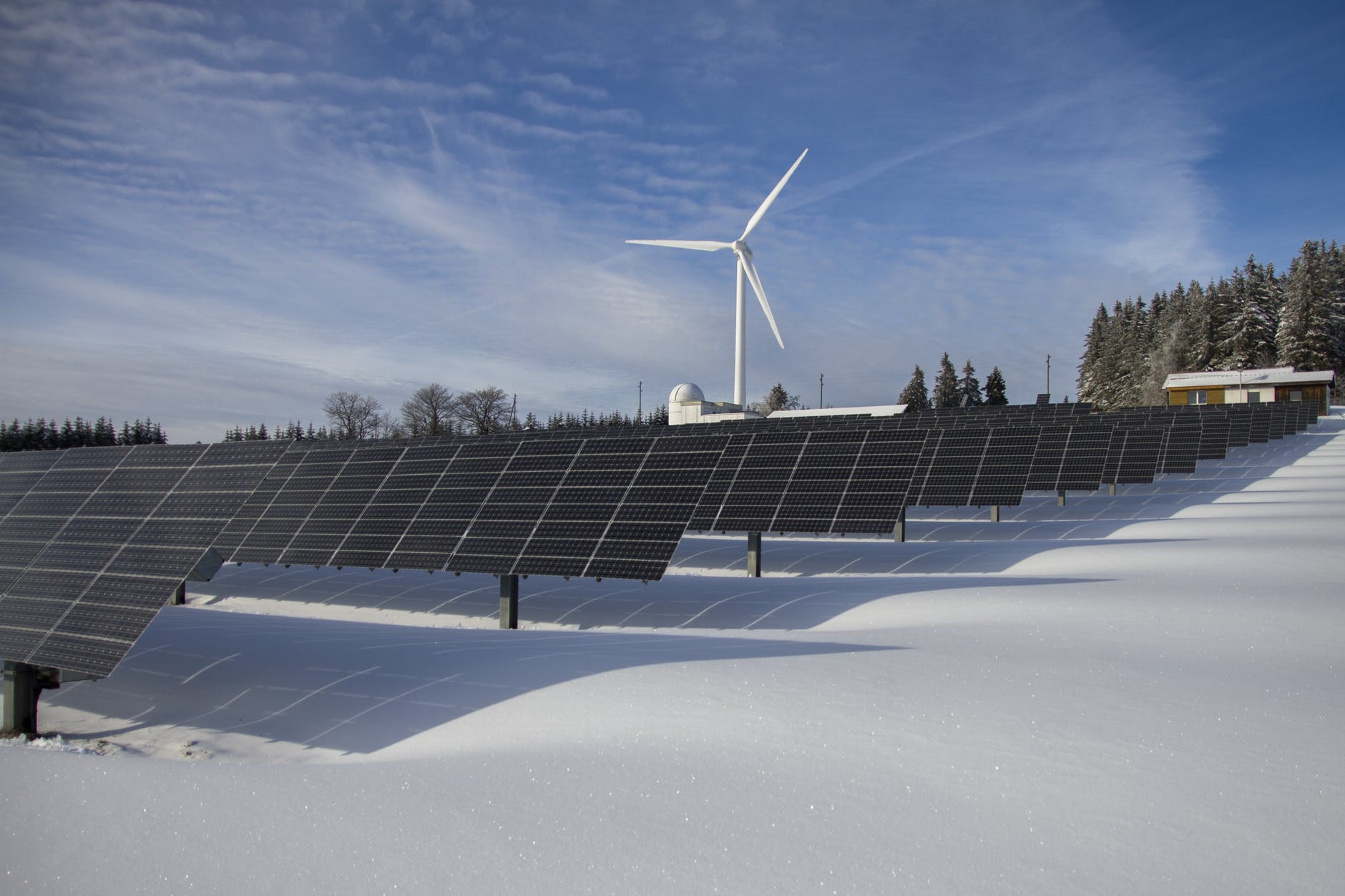Massachusetts is among the most solar power-friendly states in the US. According to data from Environment Massachusetts Research and Policy Center, Massachusetts has the sixth-highest solar capacity in the nation. As of July 2021, an average solar panel in Massachusetts will cost you $3.10 per watt.
Depending on the size of the system, solar panels can cost you anywhere from $9,300 to $31,000 before rebates and incentives. For instance, the average cost of a 5KW system is $15,500. On average, you can have $40,786 in energy savings in the next 20 years.
After adjusting for the benefits, you receive from Federal Investment Tax Credit (ITC), the price can fall by 26%. Note that the installation costs of your solar panels do not include the Federal Investment Tax Credit or other government incentives.
Best Ways to Pay for Your Solar Panels in Massachusetts
Looking for the most comfortable ways to pay for your solar panels is essential if you are looking at both short and long-term savings. Luckily, Massachusetts is very solar-friendly, and there are numerous ways to pay for your solar panel.
Solar Loans
One of the best ways to pay for your solar panels if you don’t have huge sums of upfront cash is solar loans. Many solar loans programs are available in Massachusetts. A wide variety of solar loan offerings are available to qualified homeowners in Massachusetts with different monthly payments, interest rates, security mechanisms, and credit requirements.
You can borrow solar loans with an APR of as low as 3.99%. Loans can have a repayment term of 5 to 12 years with 80-100% loan-to-value options. With the loan, you can easily buy and install solar panels on your rooftop.
Solar loans can have an interest rate ranging from 3 to 8 percent. The rate you get also depends on your credit score. You can opt for many kinds of solar loans such as home equity loans, FHA loans, and Property Assessed Clean Energy (PACE) loans. Other unsecured loan options are also available in the solar energy market.
Federal Solar Incentives
A great way to supplement your solar panel payment is through federal solar incentives. Through the federal investment tax credit (ITC), you can reduce the amount you pay for your PV solar energy system by 26%, as already stated.
Massachusetts Solar Incentives
Since Massachusetts is a very solar energy-friendly state, you have a number of state incentives as well as tax exemptions for your PV solar energy system. The first is the sales tax, and the other is property tax incentives. They can be very tempting to a solar panel buyer because they provide 100% tax exemption from sales and well property tax payments.
Another very attractive incentive in Massachusetts is the MA renewable income offer. Under this state incentive, the owner of any renewable energy system, including solar energy, gets a 15% coverage of the system cost against their MA income tax with a $1000 maximum credit amount.
The Solar Massachusetts Renewable Target (SMART) program is another great way to finance your solar panels. Under the SMART program, the state of Massachusetts will pay customers of Eversource, National Grid, and Unitil a fixed rate per kilowatt-hour (kWh) of solar energy produced by their PV solar energy systems for the next 10-years.
For the buyers that have a system under 25 kilowatts (kW), the rate can range from 29 to 31 cents per kWh, depending on the location of your home and utility. The SMART program has the potential to help you accumulate large long-term savings as the average retail rate in Massachusetts is 20 cents.
The SMART program has also taken initiatives to allow people from low-income families to take part in the solar energy program. Thus, making solar energy participation accessible to most people in the state of Massachusetts.
Common Questions about Solar Panels
What is the upfront cost for installing solar panels?
The upfront costs for the installation of a PV solar energy system can vary depending on the system and the size of your home. Depending on the system, the installation costs can be anywhere from $9,255 to $28,000. For the installation of a 6KW solar panel, you will need a national average of $18,500 for a 1,500 square ft. home.
How long does it take to install solar panels?
Depends on the size of your solar panels. Larger ones take longer while average-sized panels are installed in one day. After the initial assessment, it can take anywhere from 1-3 days for the installation of your PV solar energy system.
How do I find financing?
Searching for financing options on your own can be very time-consuming as well as risky. But you don’t have to worry. Here, we can find the best financing option for you! We will also fill out the paperwork for you.
How much money will I save if I get solar panels?
Savings can vary depending on the size of your home and your PV solar energy system. On average, solar panel owners save between $10,000 and $30,000 over the lifetime of their solar panel system. Many homeowners never have to worry about paying electricity bills. Want to know the exact figure for your home? Contact us, and we will do a free assessment for your home.
How does the SMART Program work?
The SMART program has a total capacity of 3,200 MW of solar installations. This capacity is divided among the three investor-owned electric distribution companies in Massachusetts that are Eversource, National Grid, and Unitil. The amount of capacity depends on the number of customers each electric distribution company has.
The largest number of customers are being serviced by the National grid. These capacities are then divided into different categories based on the characteristics of one’s PV solar energy system. For instance, a solar panel buyer from a low-income community will receive a different incentive rate compared to other residential solar energy systems.
These categories are also divided into capacity blocks. These capacity blocks fill up when more SMART applications are approved. When a capacity block fills up, the program is sent to the next block, and the new block always has a lower incentive compared to the previous block.
References:
https://www.masssave.com/solar
https://www.solarreviews.com/blog/benefits-of-owning-vs-leasing-solar-panels
https://www.northeastern.edu/climatereview/?p=243
https://modernize.com/solar/panel-cost-calculator
https://www.solarreviews.com/blog/massachusetts-smart-program-replaces-srecs#how-it-works









